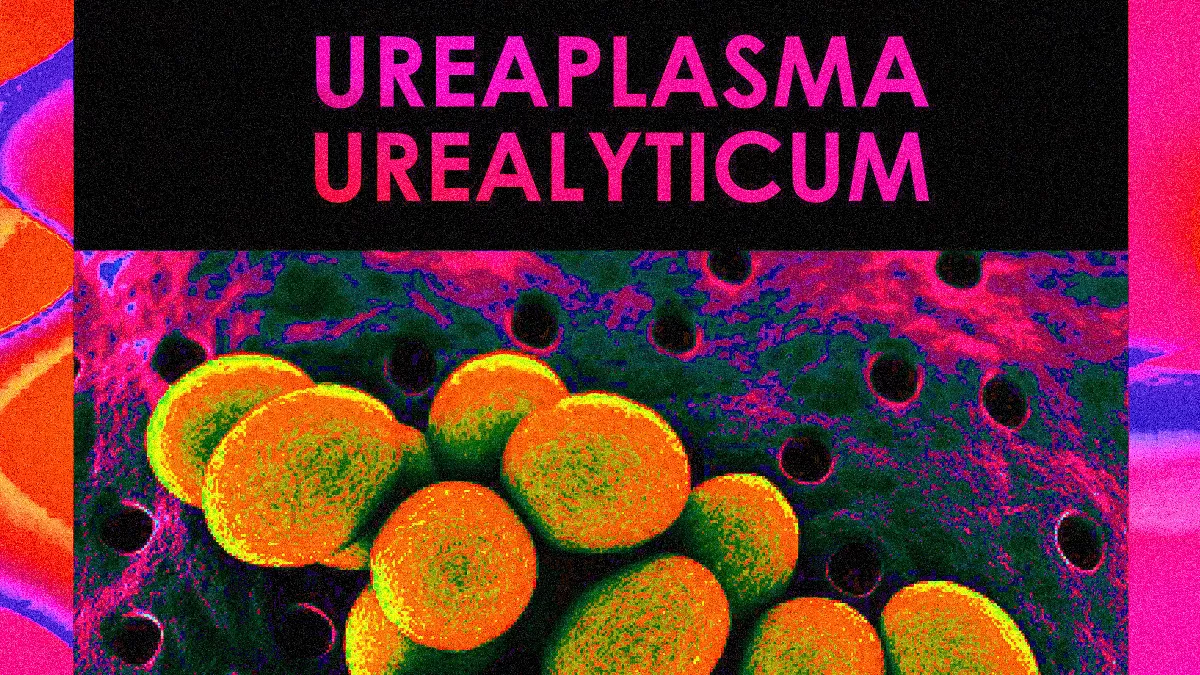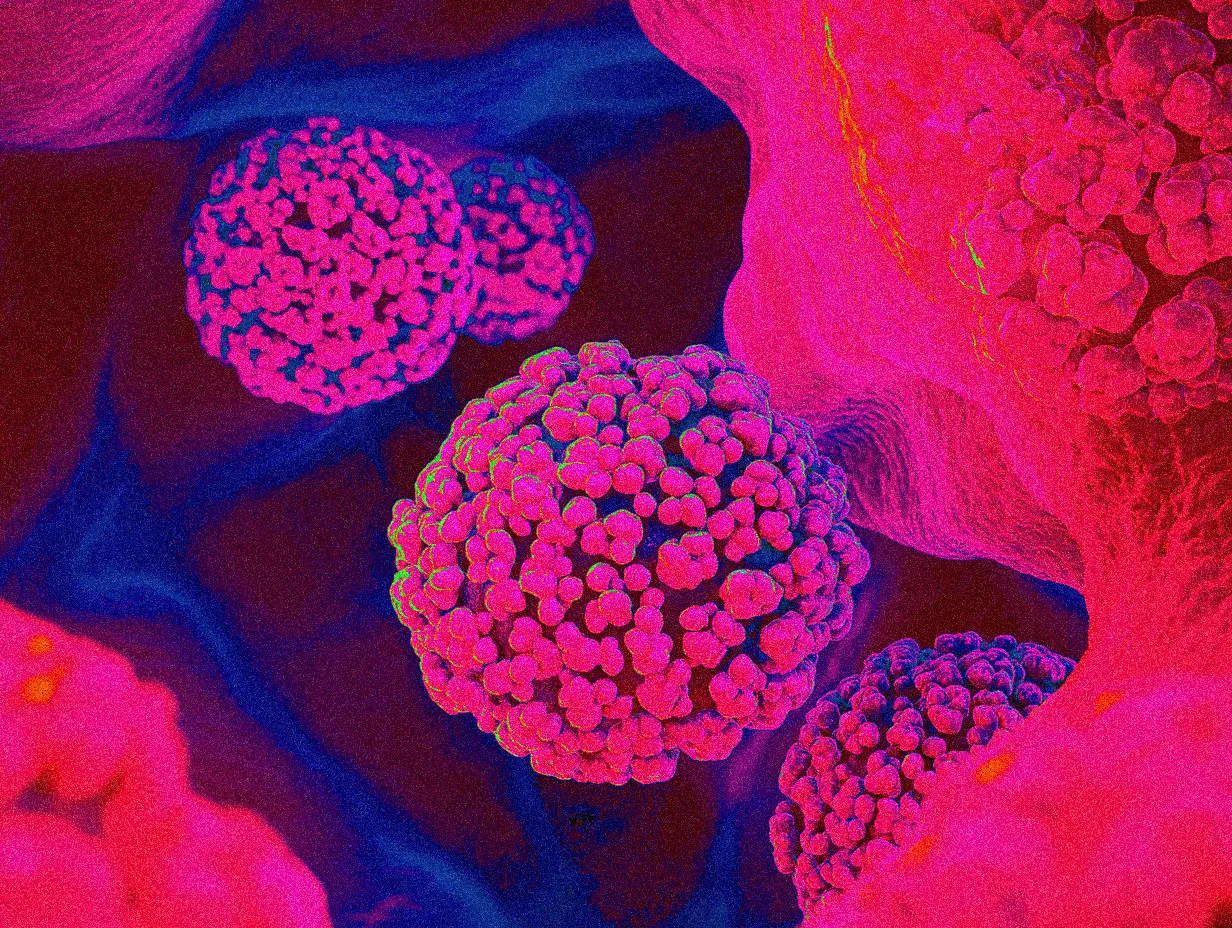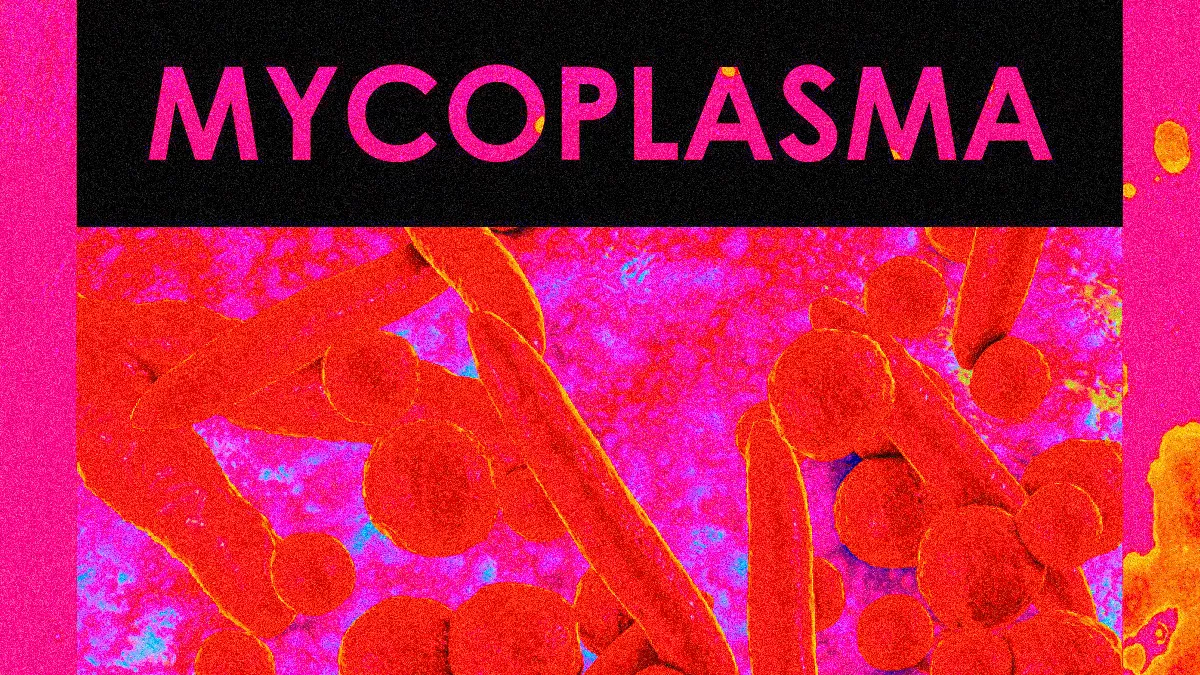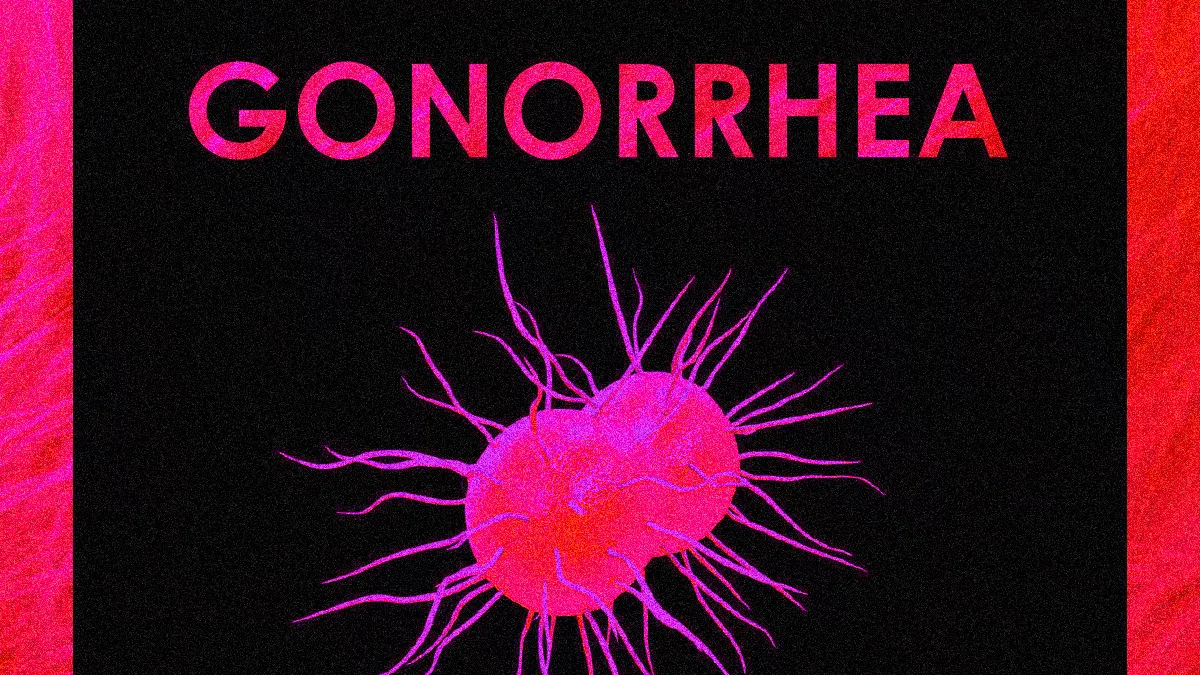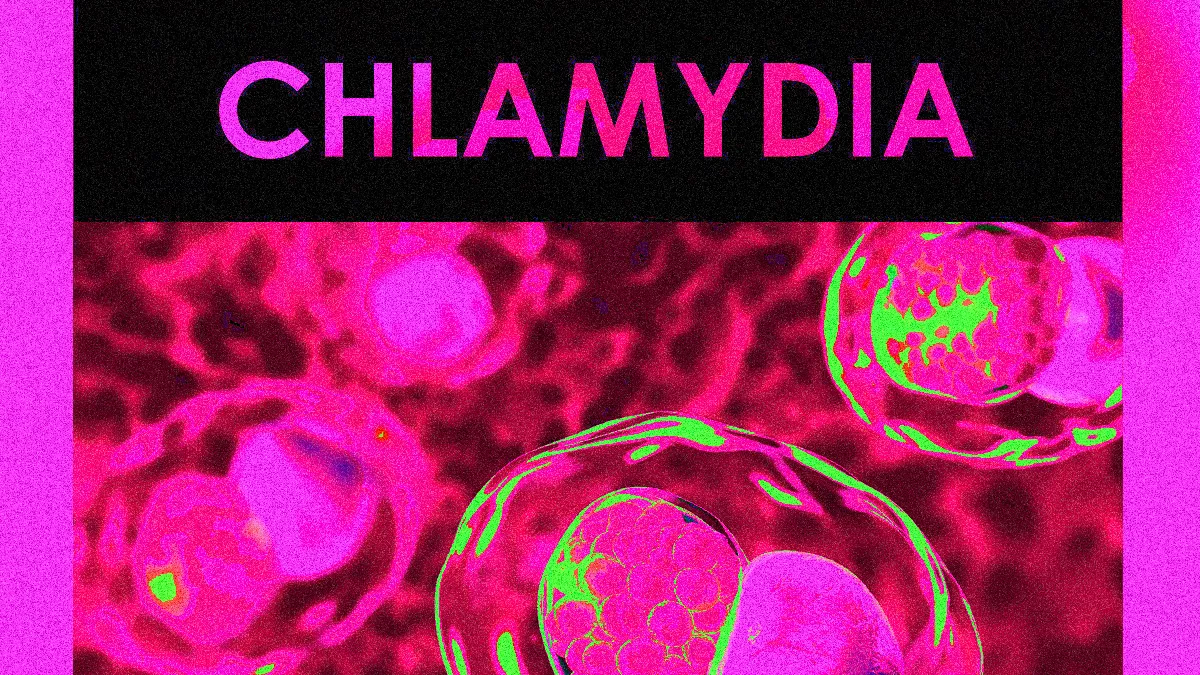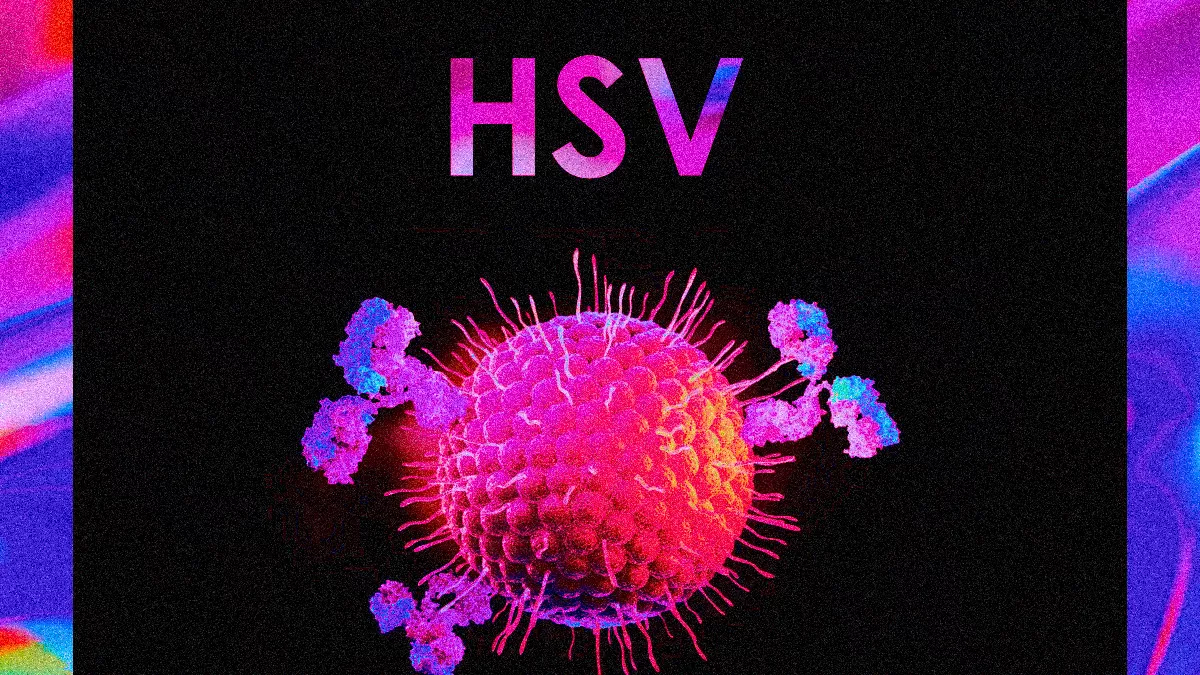Stages of Syphilis
23909
Syphilis is an STD that can cause long-term complications if not treated correctly.

Stages of Syphilis
Primary stage
During the primary stage, a sore (chancre) that is usually painless develops at the site where the bacteria enter the body. This commonly occurs within 3 weeks of exposure but can range from 10 to 90 days. A person is highly contagious during the primary stage.
- In men, a chancre often appears in the genital area, usually (but not always) on the penis. These sores are often painless.
- In women, chancres can develop on the outer genitals or the inner part of the vagina. A chancre may go unnoticed if it occurs inside the vagina or at the opening to the uterus (cervix) because the sores are usually painless and are not easily visible.
- Swelling of the lymph nodes may occur near the area of the chancre.
- A chancre may also occur in an area of the body other than the genitals.
- The chancre lasts for 3 to 6 weeks, heals without treatment, and may leave a thin scar. But even though the chancre has healed, syphilis is still present and a person can still pass the infection to others.
Secondary stage
Secondary syphilis is characterized by a rash that appears from 2 to 8 weeks after the chancre develops and sometimes before it heals. Other symptoms may also occur, which means that the infection has spread throughout the body. A person is highly contagious during the secondary stage.
A rash often develops over the body and commonly includes the palms of the hands and the soles of the feet.
- The rash usually consists of a reddish brown, small, solid, flat, or raised skin sore or sores that are less than 2 cm (0.8 in.) across. The rash may look like other, more common skin problems.
- Small, open sores may be present on mucous membranes. The sores may contain pus, or moist sores that look like warts may be present (condyloma lata).
- In dark-skinned people, the sores may be a lighter color than the surrounding skin.
The skin rash usually heals without scarring within 2 months. After healing, skin discoloration may develop. But even though the skin rash has healed, syphilis is still present, and a person can still pass the infection on to others.
When syphilis has spread throughout the body, the person may have:
- A fever is usually less than 101°F (38°C).
- A sore throat.
- A vague feeling of weakness or discomfort throughout the body.
- Weight loss.
- Patchy hair loss, especially in the eyebrows, eyelashes, and scalp hair.
- Swelling of the lymph nodes.
- Nervous system symptoms of secondary syphilis, which can include neck stiffness, headaches, irritability, paralysis, unequal reflexes, and irregular pupils.
Latent (hidden) stage
If untreated, an infected person will progress to the latent (hidden) stage of syphilis. After the secondary-stage rash goes away, the person will not have any symptoms for a time (latent period). The latent period may be as brief as 1 year or range from 5 to 20 years.
Often during this stage, an accurate diagnosis can only be made through blood testing, the person's history, or the birth of a child with congenital syphilis.
A person is contagious during the early part of the latent stage and may be contagious during the latent period when no symptoms are present.
Relapses of secondary syphilis
About 20 to 30 out of 100 people with syphilis have a relapse of the secondary stage of syphilis during the latent stage. A relapse means the person had passed through the second stage, had no syphilis symptoms, and then began to experience secondary-stage symptoms again. Relapses can occur several times.
When relapses no longer occur, a person is not contagious through contact. However, a woman in the latent stage of syphilis may still pass the disease to her developing baby and may have a miscarriage, a stillbirth, or give birth to a baby infected with congenital syphilis.
Tertiary (late) stage
This is the most destructive stage of syphilis. If untreated, the tertiary stage may begin as early as 1 year after infection or at any time during a person's lifetime. A person may never experience this stage of the illness.
The symptoms of tertiary (late) syphilis depend on the complications that occur. Complications of this stage include:
- Gummata, which are large sores inside the body or on the skin.
- Cardiovascular syphilis, which affects the heart and blood vessels.
- Neurosyphilis, which affects the nervous system.
Contact us at info.bkk@pulse-clinic.com or chat on your preferred platform:
![]() +66 65 237 1936
+66 65 237 1936  @PULSEClinic
@PULSEClinic ![]() PulseClinic
PulseClinic
Trust PULSE CLINIC to take care of your health like other 45000 people from over 130 countries. We provide discreet professional service with high privacy. Here to help, not to judge.
Can syphilis be cured?
Yes, syphilis can be treated with the appropriate antibiotics prescribed by your healthcare provider. However, treatment will not reverse any damage that the infection may have already caused.

Testing Price list
| Items | Waiting Time | Sensitivity | Specificity | Price |
| HIV 3rd Gen | 15 Min | 99.91%-100% | 97.96%-100% | 590.- |
| HIV 4th Gen | 20 Min | 100% | 99.72% | 1390.- |
| Syphilis | 15 Min | 100% | 100% | 590.- |
| Hepatitis B | 15 Min | 98.40% | 99.60% | 690.- |
| Hepatitis C | 15 Min | 96.10%-99.90% | 94.50%-99.40% | 900.- |
Promotion
| Package | Special Price |
| HIV + Syphilis + HCV Screening | 1100 THB |
| HIV + Syphilis + HCV + HBV (Antigen & Antibody) Screening | 2200 THB |
OR
Get our PCR Multiplex DNA Test for 28 Infections to cover all the possibilities! 




Our STD PCR Multiplex test offers advanced technology to detect up to 28 infections, including Gonorrhea, Chlamydia, Syphilis, Herpes Simplex, Trichomonas, and Candida strains, all in one test. It can identify infections in various anatomical areas, such as the throat, urethra, anorectal region, vagina, cervix, sperm, and skin lesions. For urethral infections, the Urine PCR is recommended, while the Throat Swab PCR is ideal after oral sex. Anal Swab PCR is advised for unprotected anal sex, and the Vaginal Swab PCR is recommended for vaginal sex, with staff guidance available for all tests.
| PCR for 28 Infections (STD Multiplex) | Online results | |||
| Same day** | Next day | 3 days | 7 days | |
| Throat | 14,000 THB | 11,600 THB | 10,480 THB | 9,200 THB |
| Urine | 14,000 THB | 11,600 THB | 10,480 THB | 9,200 THB |
| Anal Swab | 14,000 THB | 11,600 THB | 10,480 THB | 9,200 THB |
| Vaginal Swab | 14,000 THB | 11,600 THB | 10,480 THB | 9,200 THB |
| Cervical Swab | 14,000 THB | 11,600 THB | 10,480 THB | 9,200 THB |
| Sperm | 14,800 THB | 12,640 THB | 11,600 THB | 10,080 THB |
| Skin Lesion Swab | 14,000 THB | 11,600 THB | 10,480 THB | 9,200 THB |
| Pooling | 15,600 THB | 13,280 THB | 12,400 THB | 10,800 THB |
| PCR for 2 Infections (Gonorrhea/Chlamydia) | Same day | Next day | 3 days | 7 days |
| Throat | 5,690 THB | 4,990 THB | 3,990 THB | 3,300 THB |
| Urine | 5,690 THB | 4,990 THB | 3,990 THB | 3,300 THB |
| Vaginal and Cervical Swab | 5,690 THB | 4,990 THB | 3,990 THB | 3,300 THB |
| Rectal Swab | 5,690 THB | 4,990 THB | 3,990 THB | 3,300 THB |
| Sperm* | 6,200 THB | 5,150 THB | 4,100 THB | 3,690 THB |
| Skin lesion Swab | 5,690 THB | 4,990 THB | 3,990 THB | 3,300 THB |
Contact us at info.bkk@pulse-clinic.com or chat on your preferred platform:
![]() +66 65 237 1936
+66 65 237 1936  @PULSEClinic
@PULSEClinic ![]() PulseClinic
PulseClinic
Add us on Line and stay in touch.
Loading...
Clinic Locations
Loading...



